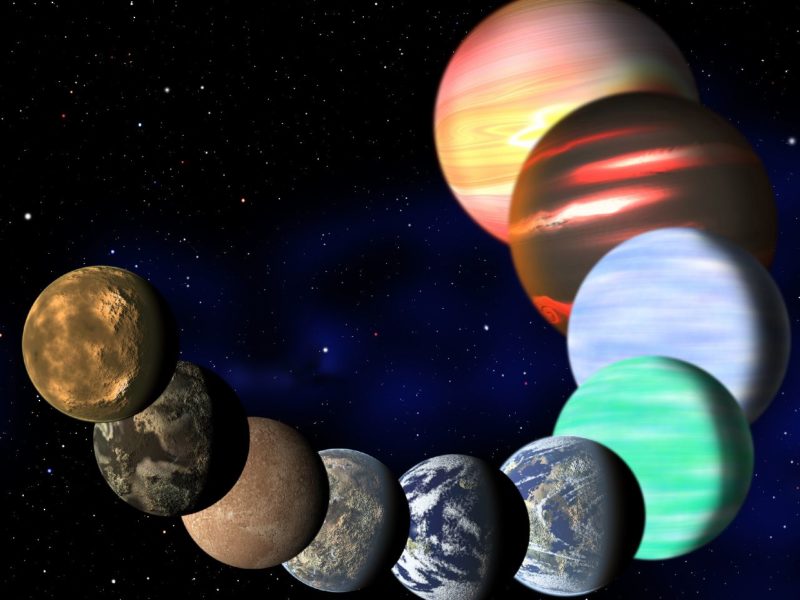La Serena, Chile – Researchers at the Las Campanas Observatory outside of La Serena, Chile, have observed six luminous blue stars in the leading section of the Magellanic Stream. The stars are believed to be new, coming from the gas of the Magellanic Clouds, as they are too new to have come from any other place in space. The Magellanic Clouds are two nearby galaxies that unlike other nearby systems in that they are full with gas capable of forming stars.
Leipzig, Germany – A study coming from the Max Planck Institute for Human Cognitive and Brain Sciences show that similar to adults, infants show a very specific touch receptor is activated in response to stroking at a specific velocity known as pleasant touch. In infants, pleasant touch corresponds to increased engagement with the device used to create the stroking velocity, in this experiment a paintbrush, as well as a decreased heartbeat. Researchers are linking this to a vital role that touch plays in early childhood development.
Halifax, Nova Scotia – Biologist Shelley Adamo of Dalhousie University has discovered a form of sexually transmitted cricket disease that both renders its host infertile but also acts as an aphrodisiac to encourage host transfer. The virus was discovered after some of the crickets under study had stopped producing eggs and were found to have swollen, blue, fat bodies that had hexagonal viral particles inside. In addition to acting as an aphrodisiac the virus also turns off signaling that makes sick crickets appear to be less attractive mating partners;normally due to the changes, disease normally brings disease crickets are seen to be less attractive.
Rome, Italy – Researchers at the University of Rome led by Dr. Luciano Less have confirmed that the ice covered water ocean of Enceladus is liquid underneath ice rather than wholly ice. The water is kept liquid because of the generation of waves which, in turn, creates internal friction and thus heat. Enceladus is also notable because this ocean is in contact with the moon’s rocky core, which means that elements useful to life such as phosphorus, sulfur, and potassium are able to leech into the ocean.


'Scientific discoveries this week: 4/7/14' has no comments
Be the first to comment this post!